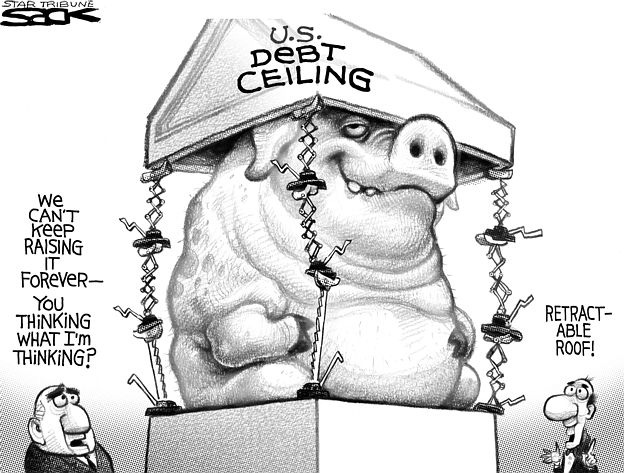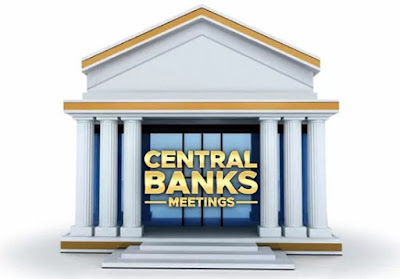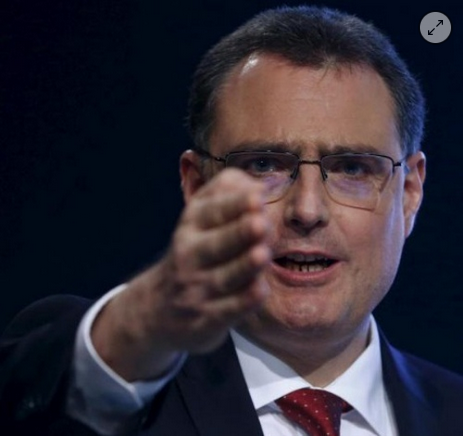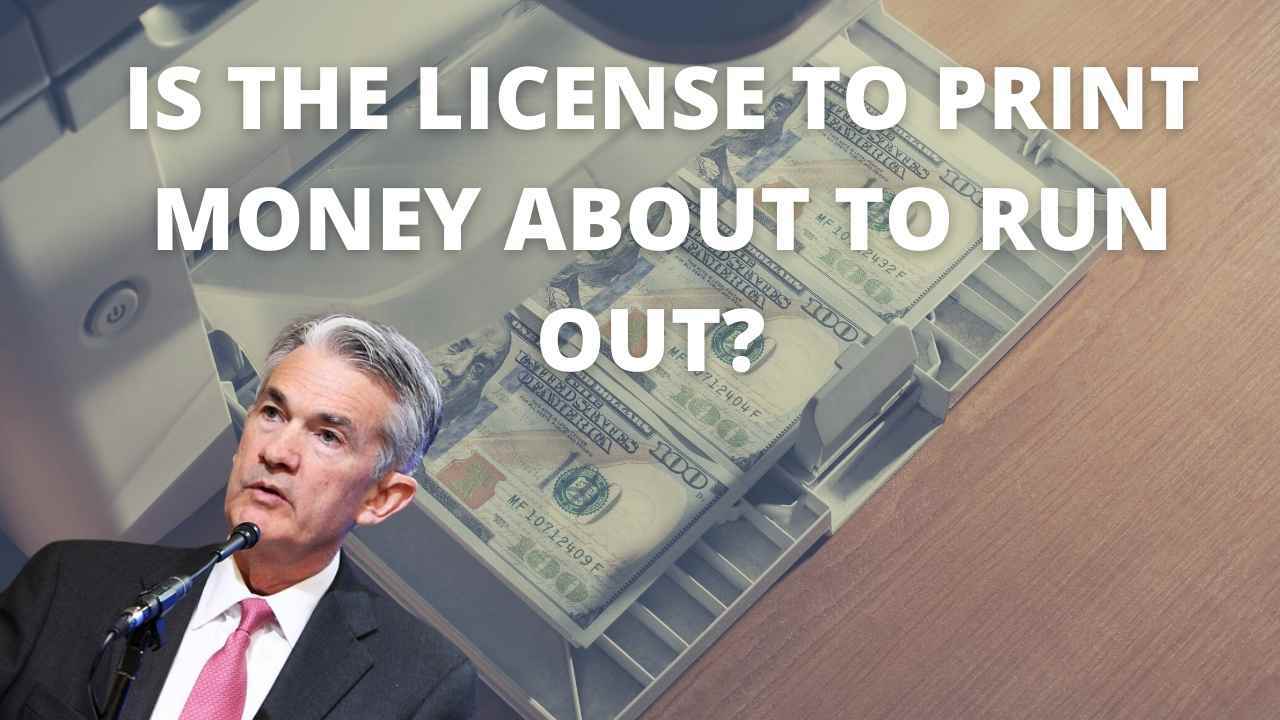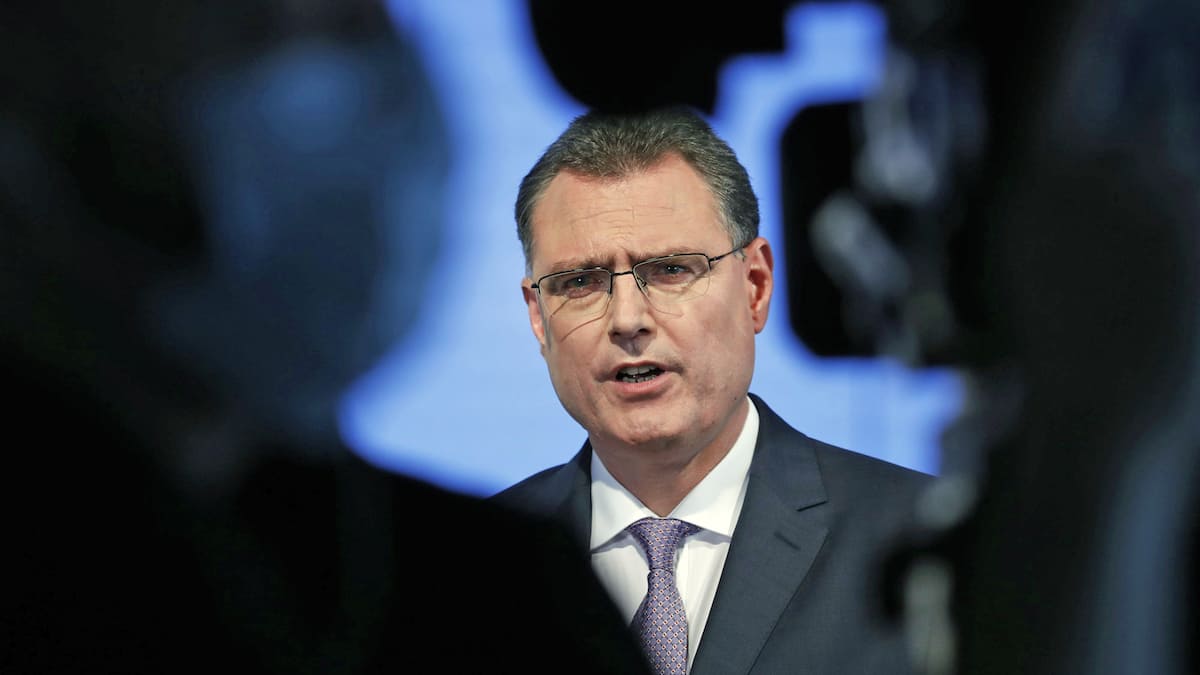| Lasting Debt
“Rule one: Never allow a crisis to go to waste,” said President Obama’s Chief of Staff Rahm Emanuel in November of 2008. “They are opportunities to do big things.” At the time of his remark, Emanuel was eager to exploit the 2008 financial crisis to raid the public treasury. With the passage of the American Recovery and Reinvestment Act in February 2009, Emanuel’s wish was granted. The Obama administration had the opportunity to do big things. Politically, the passage of the Recovery Act was a huge success. Washington was able to dole out funds to their preferred projects like never before. What could be better for a Congressman than to direct massive amounts of funds to infrastructure, healthcare, energy, security, law enforcement, and just about everything else?
|
He should be – he is the mayor of Chicago, which is best described as crisis incarnate. Or maybe the proper term is perma-crisis? Anyway, it undoubtedly looks like a giant opportunity from his perspective, a gift that keeps on giving, so to speak. |
| Some Congressman even directed money to bridges and buildings that were then named after them. No doubt, this flattered their egos. But what it really did was memorialize their political swindle.
Economically, the Recovery Act was a great big dud. The money was frittered away without producing any lasting wealth. However, it did produce lasting debt. Since the Recovery Act’s passage, the U.S. national debt has nearly doubled from roughly $10.6 trillion to nearly $20 trillion. |
US Federal Dept, 1970 - 2017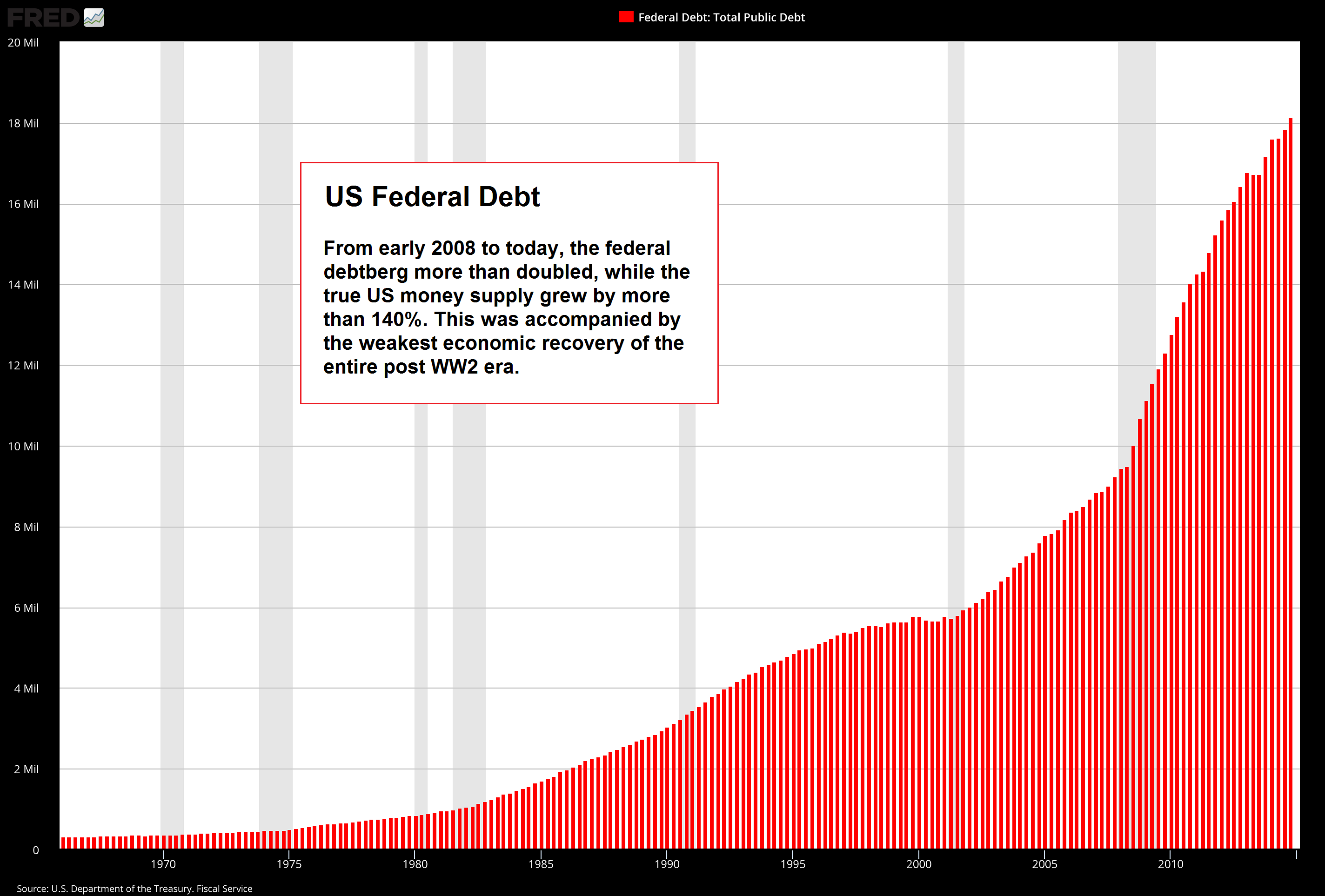 The post-GFC economic recovery was not the weakest of the entire post-WW2 era despite all this money printing and deficit spending, but because of it. - Click to enlarge Government spending does not “help” the economy, it is a terrible burden on the economy. Every cent the government spends must be extracted from the private sector. Unless bureaucrats have magically found a way to gauge the opportunity costs of their spending, this is apodictically certain to damage the economy structurally and impoverish the citizenry at larger relative to what would have happened otherwise, as scarce capital is consumed and wasted. Not to mention that the stimulus spending was utterly riddled with crony favoritism and utterly ridiculous items, including $535 Million for Solyndra (a now bankrupt “alternative energy” company) to $384,949 for a Study of Duck Penises, to $100,000 for Anti-Capitalist Puppet Shows, $389,357 for College Students to Keep a Diary of Their Marijuana and Malt Liquor Use, while $1.3 million was spent for signs on highways to advertise that infrastructure spending was paid for by the stimulus. Countless more examples of this sort can be found. You couldn’t make this up if you tried. |
Squib Kicking the Debt Ceiling CanSeveral weeks ago we scribbled an article detailing why there will be no 11th hour debt ceiling deal. We thought we were really on to something. We even followed it up with a similarly themed article, calling Mitch McConnell’s debt ceiling bluff. This week we were reminded that, like Socrates, “We know that we know nothing.” For on Wednesday, President Trump squib kicked the debt ceiling can across the aisle into the outstretched hands of Senate Minority Leader Chuck Schumer and House Minority Leader Nancy Pelosi. This came less than an hour after House Speaker Paul Ryan called the Schumer and Pelosi proposal “ridiculous and disgraceful.” The Hurricane Harvey crisis, and the popular support for relief aid, provided Trump the opportunity he needed to reach an expedient, yet short-term, extension of the debt limit. Come mid-December, he’ll likely regret his decision. Mitch McConnell offered a small elaboration:
What to make of it? U.S. stock markets were tickled pink. After a brief panic on Tuesday, the DOW, S&P 500, and NASDAQ all closed Wednesday higher than where they started. On Thursday, these markets closed about where they opened. From a broader perspective, aside from digging a deeper hole that the American people will have to eventually dig their way out of, what does the debt ceiling extension really accomplish? For one thing, the debt ceiling extension brought clarity. It elucidated that the faux appearance of fiscal responsibility that a debt ceiling projects is no longer needed. Thus, President Trump wants to end the debt ceiling all together. |
|
The Government Debt Paradox: Pick Your PoisonOf all modern economic dogmas, perhaps the most broadly accepted is the belief that the government can spend the economy to growth using debt. Certainly, government spending redirects economic growth to government preferred industries. So, too, when government spending is financed via deficits, it grows inflation. But government stimulus doesn’t grow the economy. How could it? Aside from reams of legislation, levies, and fees, the government doesn’t produce a doggone thing. To the contrary, the government usurps capital and uses it in ways that it otherwise wouldn’t be. Specifically, the government uses its heavy hand to distribute capital in ways that absent coercion, people wouldn’t pay for. These generally equate to value subtracting endeavors. |
 As Ludwig von Mises pointed out: “At the bottom of the interventionist argument there is always the idea that the government or the state is an entity outside and above the social process of production, that it owns something which is not derived from taxing its subjects, and that it can spend this mythical something for definite purposes. - Click to enlarge This is the Santa Claus fable raised by Lord Keynes to the dignity of an economic doctrine and enthusiastically endorsed by all those who expect personal advantage from government spending. As against these popular fallacies there is need to emphasize the truism that a government can spend or invest only what it takes away from its citizens and that its additional spending and investment curtails the citizens’ spending and investment to the full extent of its quantity.” Image via mises.org |
| For example, last month we learned that a foreign company hired by the U.S. government ran up a $50 million tab on luxury cars, weapons, and booze to mentor Afghan intelligence officers. Was this a good investment? Does it provide some benefit, financial or otherwise, for U.S. taxpayers? Did someone at least have a little fun at the public’s expense?
In addition, value subtracting endeavors like these have the effect of attracting dependents. Some become hooked on direct transfer payments, like monthly welfare and disability checks. Others become hooked on the fat government contracts for their daily bread. Over the decades, the entire economy’s been warped by the constant expansion of government debt. Take it away, and the economy crumbles. Continue its current trajectory and the economy blows up. That’s the government debt paradox we presently live with. Pick your poison. Enjoy the ride! |
Chart by: St. Louis Fed
Chart and image captions by PT
Full story here Are you the author? Previous post See more for Next postTags: central-banks,newslettersent,On Economy,On Politics










